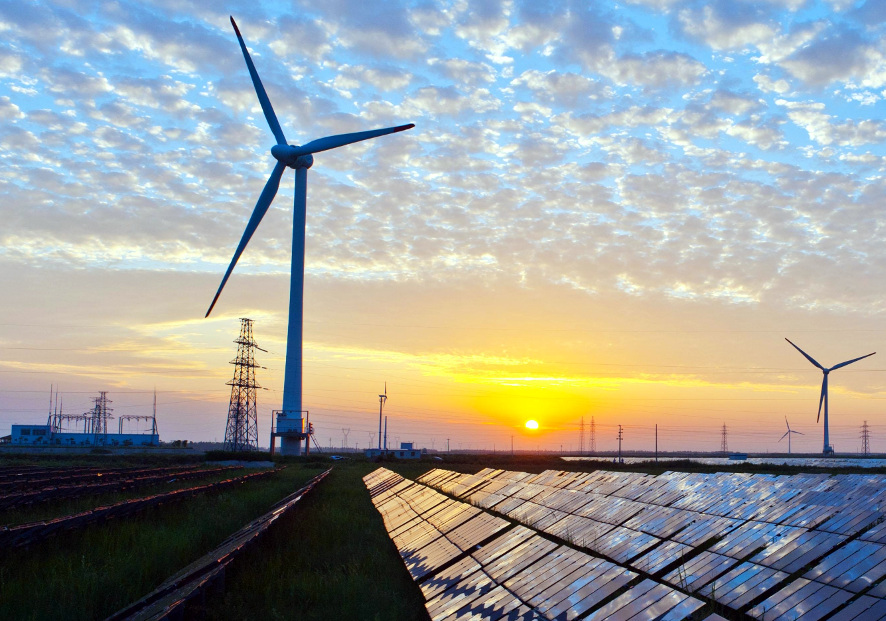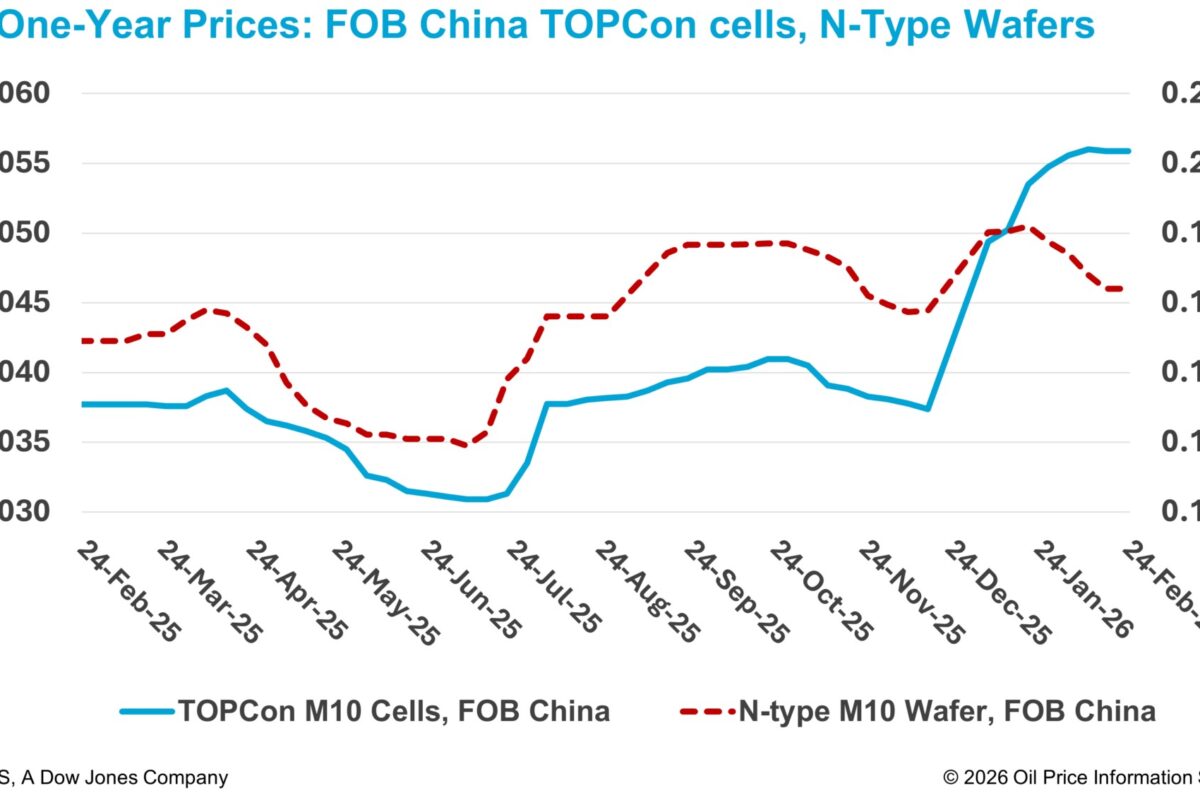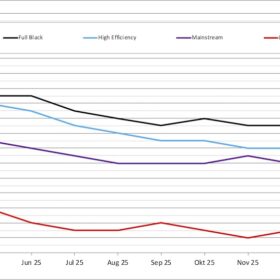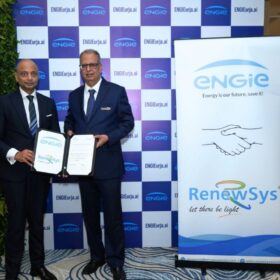Mobilising finance for investment and innovation in low-carbon energy solutions is the key constraint to a global clean energy transition—according to a study by thinktank Council on Energy, Environment and Water (CEEW) that demonstrates a strong link between the income levels of an economy and its energy investment
High-income countries, which are home to just over 15% of the world’s population, accounted for more than 40% of energy investment in 2018—reported the study by the CEEW Centre for Energy Finance.
Emerging economies present a huge, and largely untapped, potential for investments in renewable energy and associated assets. “However, a high perception of risk has precluded emerging economies from international private and institutional capital at scale. As a result, in countries such as India, financing costs account for the largest component (50-65%) of renewable energy tariffs”—said the report.
The demand for energy and the demand for finance converge in emerging economies. India, alone, needs US$2.5 trillion in climate financing by 2030. As yet, global efforts to build a robust bridge between the supply and demand of green capital have failed, according to the report.
CEEW CEO Dr Arunabha Ghosh said, “As of now, lower-middle and low-income countries, which account for 40% of the world’s population, get less than 15% of energy investment. This is because the cost of finance for renewable energy is extremely high for emerging economies and capital is not moving from capital-rich to capital-poor regions.
“While India has been averaging about US$10.5 billion a year in clean energy investments, we need three times that number annually, just for the energy transition. To enable this, we need to have a more literate, more informed, and a more innovative conversation on climate finance and energy finance with the right actors. Without this, the trust deficit in climate finance will continue and the hope for enhanced ambitions for climate action will be dashed,” he added.
With the upcoming UN Climate Action Summit, scheduled for September 23, the CEEW study demands committed action to build the conduits via which capital can flow from the Global North to the Global South.
CEEW-CEF director Kanika Chawla stated: “A decade of inaction on climate finance has convinced emerging economies that one shade of green capital in the form of multilateral or bilateral development assistance is neither adequate nor forthcoming. Instead, different shades of green capital such as institutional investors, venture capitalists, private equity players, etc need to find their way into diversified portfolios of projects, within across countries.”
Recommendations
To enhance flows of private capital from the Global North to the Global South, the CEEW-CEF study recommends setting up of a Climate and Clean Energy Finance Commission. The Commission could comprise climate and clean energy practitioners and thought leaders from the Global South, which would be convened to join existing task-forces on climate finance convened by the United Nations and beyond, to deliberate on the means of mobilising finance specifically for emerging markets.
In order to facilitate learning between middle-income countries, the study recommends launching an Africa-India clean energy co-learnings programme that would enable business-to-business exchanges between leading players in these markets. It would also result in the creation of a more aggregated market whereby emerging economies would have greater collective bargaining power as price-makers rather than price-takers.
Further, there is a need to reduce information asymmetries between clean energy project developers, on one hand, and prospective investors, on the other.
This content is protected by copyright and may not be reused. If you want to cooperate with us and would like to reuse some of our content, please contact: editors@pv-magazine.com.









There should be a thrust to develop energy development at cheaper price. Renewable energy is the need of the hour and should be available to a needy nation.
sanchit